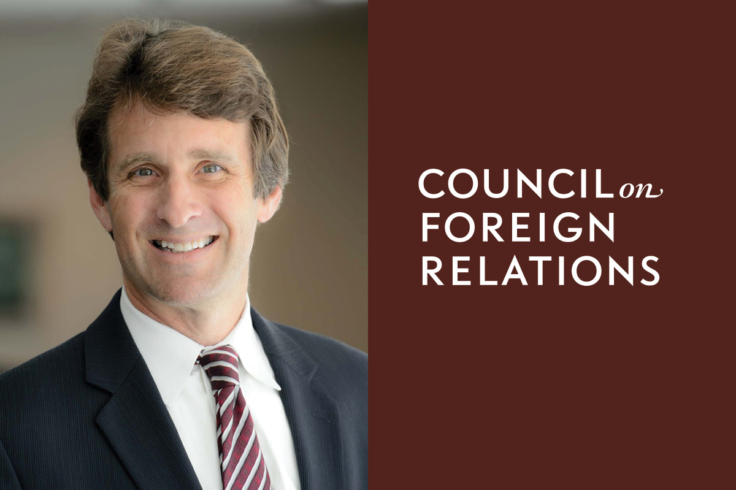Core Steps to Aid Recovery
The suddenness of the economic collapse triggered by the Covid-19 pandemic is unlike anything this country has ever seen. The recovery will be equally unpredictable. As economist Phil Levy of Flexport noted in Forbes, economic forecasts for the third quarter range from a continued freefall (-12.6%) to a roaring recovery (+20.7%). The realities for business and for the U.S. workforce will be radically different depending on which is the better prediction.
But there are core steps that Washington, as well as state and local governments, should be taking to help put the recovery on a stronger track. First, there must be clear decisions on what economic activities will be permissible and when. We need strong national guidelines, with appropriate local flexibility, on such issues as testing protocols for employees, sanitary standards, protective gear, and permitted distancing at workplaces. Restaurants, gyms, hotels, airlines and retail establishments will need clear directives on permitted occupancy levels so they can properly assess their future staffing and purchasing requirements. Theaters, concert promoters and sporting establishments will need clear guidance, dependent on progress in containing the virus, on when they can again begin booking and promoting.
Secondly, protecting the health of America’s workforce needs to be the top priority. Any re-opening will only succeed to the degree the spread of the virus is halted and does not return. Employees who must be on the job – whether in meatpacking plants, assembly lines, harvesting operations, or retail establishments – are the most vulnerable. Congress should extend the requirements of the Covid-19 Response Act to maintain free coronavirus testing for all Americans, and to ensure that family and medical leave provisions are kept in place. No employee should risk her own health or others by working when ill, and no one should be forced to choose between work and caring for a child or ill family member.
Finally, Congress and the administration need to start work on preparing for the next pandemic or other disruption. On the economic front, that means putting advance plans in place to support businesses that keep workers on the payroll, and to create real safety nets for gig economy and other independent workers. The ad hoc nature of current response – in which unemployment has surged and small businesses have scrambled to access government support – should not be repeated again.
Disruption has become an unfortunate feature of economic life in the 21st century. Governments must stop burying their heads in the sand and be ready to help Americans when the next one hits.
–Edward Alden, Bernard L. Schwartz Senior Fellow, Council on Foreign Relations



